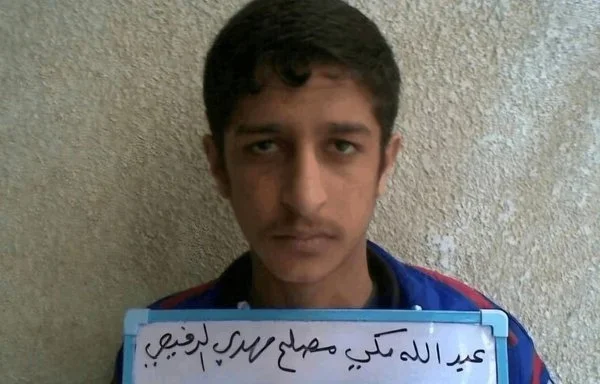Security
International security partnerships critical to keeping ISIS in check
The operation that killed ISIS top deputy 'Abu Khadijah' was made possible by strong regional and international security partnerships.

By Anas al-Bar |
The March 13 operation that killed one of the most prominent leaders of the "Islamic State of Iraq and Syria" (ISIS) shows how international security cooperation continues to cripple the group across Iraq and Syria, officials said.
ISIS's top deputy, Abdallah Makki Muslih al-Rifai (aka Abu Khadijah), was killed in an airstrike carried out by US forces, in cooperation with Iraqi intelligence and security forces, in the desert around Rutba in Iraq's Anbar province.
In a statement following the operation, the US Consulate in Erbil noted the "instrumental" partnership with Peshmerga forces in the fight against ISIS.
The US strike that killed al-Rifai was the result of seamless coordination between Iraqi intelligence services, elite forces, the Joint Operations Command andKurdish security authorities, said security expert Fadel Abu Raghif.
A joint Iraqi-US team, recovering the bodies post-strike, discovered weapons and explosives at the scene, with DNA testing later confirming al-Rifai's identity.
"Everyone contributed to bringing an end to a terrorist as dangerous as bin Laden, al-Zarqawi and Abu Bakr al-Baghdadi," Abu Raghif told Al-Fassel.
As ISIS's second-in-command, al-Rifai wielded significant influence, controlling logistical and financial networks across Iraq and beyond, said Sabah al-Numan, spokesman for the commander-in-chief of the Iraqi armed forces.
"His strategic mission was regrouping ISIS ranks, rebuilding its cells, and coordinating the logistics of terrorist operations internationally," he added.
Abu Raghif noted that the elimination of al-Rifai from the scene "leaves ISIS fragmented, with shattered morale, incapable of regrouping."
Seamless coordination
The joint operation built on the success of previous Iraqi and US-led international coalition operations in Anbar and Diyala provinces, al-Numan said.
During a major operation in August, 14 ISIS operatives were killed, he said.
Among them were first-tier leaders Abu Siddiq (aka Abu Muslim), "deputy wali of Iraq"; Abu Abdul Rahman, "wali of the south"; and Abu Hammam, "wali of Anbar," al-Numan said.
The success of the joint efforts to eliminate ISIS extends into Syria, where US forces partner with the Syrian Democratic Forces (SDF) to suppress ISIS cells.
Though instability in Syria following the fall of the regime of Bashar al-Assad has raised concerns about a potential ISIS resurgence, the US-SDF partnership has effectively contained the threat, officials said.
US forces also are working with the Syrian Free Army (formerly known as Jaish Maghawir al-Thawra) to purge ISIS remnants from Syria's southeastern border and their desert hideouts.
The operation to eliminate al-Rifai demonstrates the unwavering commitment of Iraqi and international coalition forces to eliminating ISIS, al-Numan said.
"This intelligence and operational partnership and cooperation are advancing steadily toward destroying the group's remnants, degrading their capabilities and mitigating their threats," he added.